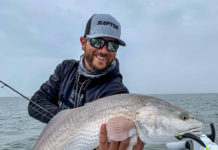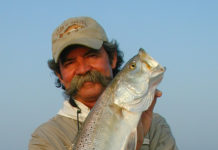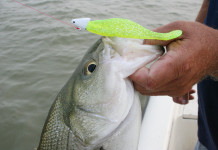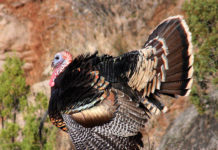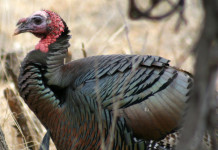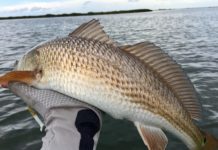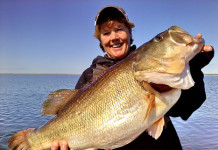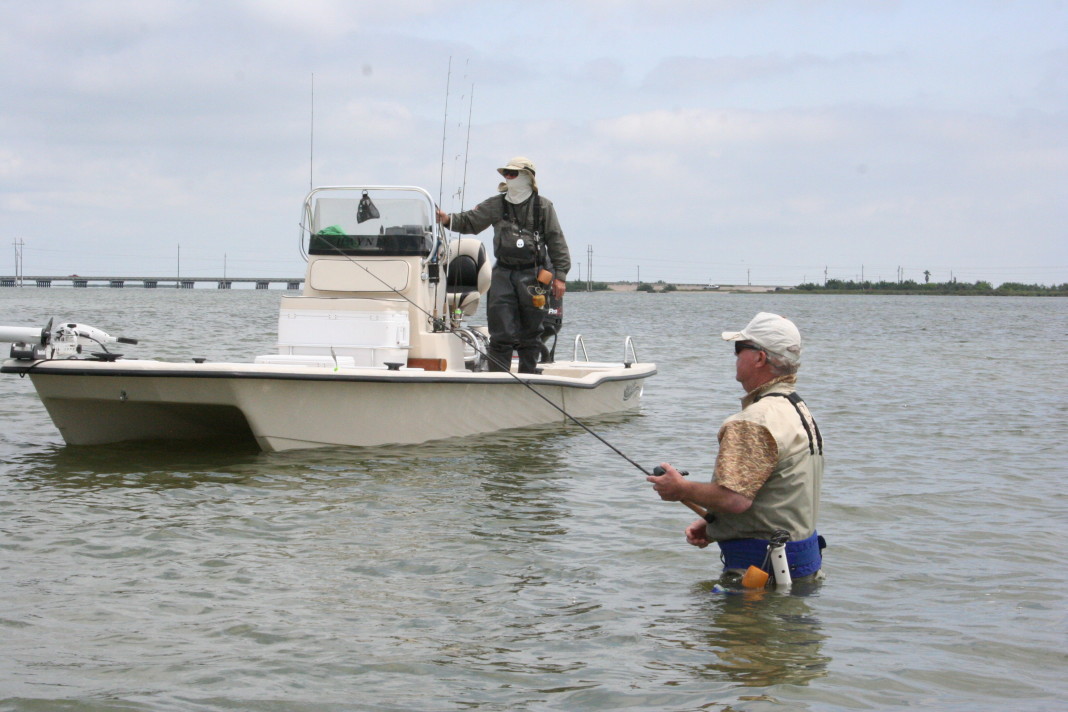Now that most folks have their sights squarely set on hunting pursuits, boats of all shapes and sizes have been put up or stored for at least a few months. However, a few simple tips can help prevent any problems when big bass, trout and redfish time rolls around in the spring, especially if you leave your craft exposed to the elements.
The first thing to do is spray down your trailer’s roller assemblies, winch gears and any other connections with some type of lubricant, even if it’s just WD-40. It should help cure any moisture and rust problems that could pop up and you also should consider taking care of any rust spots on the trailer now. Sanding, priming and painting are about the least appealing set of steps to think about doing if you leave them for when the fish are biting.
Another thing to consider is taking the tires off the trailer and storing them somewhere out of the elements. There’s nothing worse than walking out to see a flat when you’ve got fishing on your mind and keeping the rubber out of the sun can help prolong its life. It’s also a good theft deterrent should someone think they need to have your craft without permission, and it’s also easier to do work on bearings now, too. If you leave the tires on, be sure to use some type of wheel covering, even if it’s just plastic bags, to keep them dry and move the trailer every so often to avoid getting flat spots.
How you park your boat also can be a theft deterrent, and you should make it as tough as possible for someone to trailer your rig and ride off into the sunset, especially if you’re out of town during the upcoming holidays.
While your boat is designed to be on the water, it’s best to avoid getting water in it when sitting for extended periods for a variety of reasons. Blocking the trailer jack so that the bow stays up and popping off a drain plug if you have one will ensure that any standing water issues are avoided. You also should check to make sure that if you have a cover it’s on tight. I’ve heard tales of a number of critters taking up residence for a winter inside someone’s boat and leaving all kinds of messes, including chewing up electrical wiring and damaging other components that could be costly to fix.
You also should consider where you keep your boat and avoid parking it anywhere that it could sustain damage from falling objects. Once we get into the dead of winter, hard freezes and high winds come with the territory, and falling limbs and other icy projectiles could damage the surfaces of your boat or even become lodged in places they shouldn’t be.
Deer and waterfowl are still the name of the game right now, but it’s never too early to think about what pursuits will be around when it’s time to put down your guns and pick up your fishing pole.
A little planning and prevention will ensure you don’t miss out on anything.



